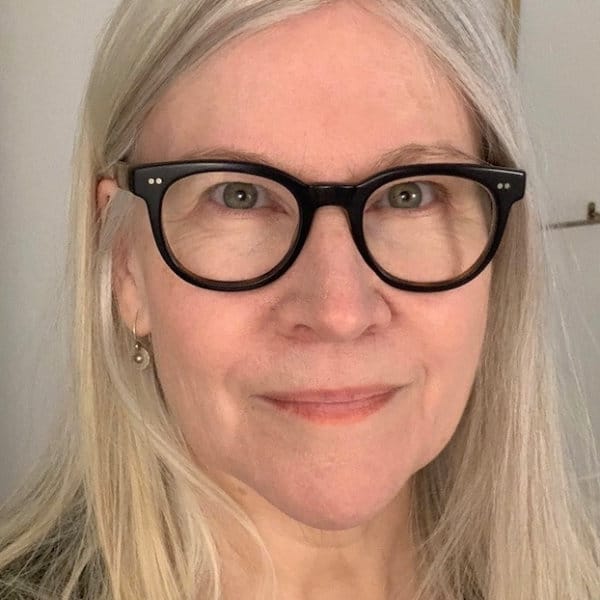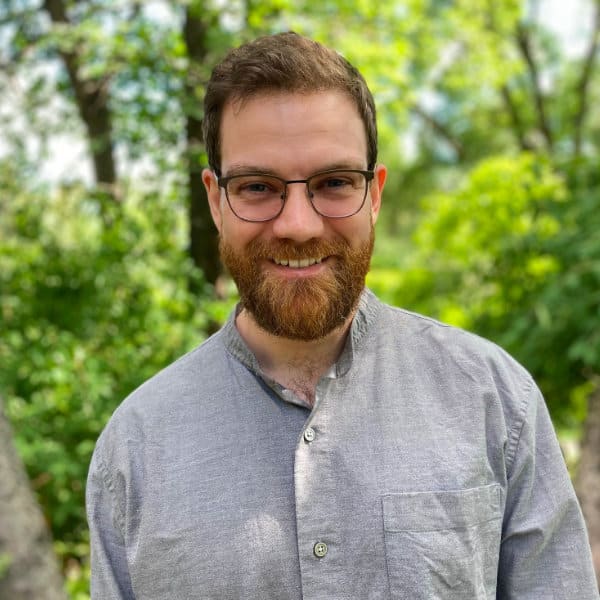Archiving Patient-Led Mad Activism in Canada, 1970s-2020
Efrat’s project is designed in two segments. The first segment involves the curation of mad-centered archival material not yet available in the public domain. The second is an original research segment, using critical discourse analysis of the archival material, that seeks to enhance understandings of the crucial and active role of mental patients in shaping…
Read MoreHistorian Engagement in Public Health
During the COVID-19 pandemic, disease and health historians have frequently been called upon by media, public organizations, and institutions (including government agencies) to explain how past disease outbreaks can inform present-day and future responses, and to enhance public understanding. They have provided insight into public health measures (including social distancing, or self-isolation), mental health, vaccine…
Read MoreMaternal Darkness: Postpartum Depression and Maternal Mental Illness in Western Canada, 1890-1980
Heather’s project explores the history of postpartum depression and related maternal mental illnesses in Canada from 1890-1980. Despite media sensations created by famous cases of mentally ill mothers there are almost no historical examinations of maternal mental illness in North America. Historically, maternal mental illnesses sit on an uneasy axis between society’s high social expectations…
Read MoreWomen Helping Women: Inuit and Innu Women and Participatory Health Workshops in Labrador in the 1980s
Courtney’s project will examine how health workshops led by women for women in Labrador in the 1980s affected Inuit and Innu women. These workshops employed a unique participatory approach that reinforced lived experiences and reciprocity, and recognized that women held expertise about their bodies, and their families’ and communities’ health concerns and needs. Using the…
Read MoreThe Making of a Spiritual Contraption: Séances, Psychiatry, Prisons, and Schools, 1830-1930
Kyle’s research interrogates the connections between religion, psychiatry, prison, and educational institutions in nineteenth-century Canada, framing their relationship as conspiracy. He defines conspiracy as the means through which these institutions withheld or produced knowledge to maintain and legitimize their positions of influence. Using framework of co-conspirators demonstrates the intention of these institutions in creating and…
Read MoreExploring the Need for a Uniquely Different Approach in Northern Ontario: A Study of Socially Accountable Artificial Intelligence
Associate Professor, NOSM University The healthcare needs in Northern Ontario are complex and uniquely different. To address these challenges, the Northern Ontario School of Medicine University (NOSM U) is founded on a social accountability mandate—a mandate to reorient education and research to address priority health and social needs of Northern Ontario. Erin’s project will focus…
Read MoreDeveloping a digital workflow model to advance compassionate care and provide support to athletes undergoing cardiovascular preparticipation screening.
Clinician-Scientist & Associate Professor, Queen’s University Cardiovascular pre-participation screening is universally recommended to identify athletes at-risk for sudden cardiac arrest and other cardiovascular events. Despite the clinical value of this approach, screening can be a daunting process for many athletes, potentially leading to downstream psychological consequences. Currently, the psychological impacts of cardiovascular pre-participation screening are…
Read MoreUsing Virtual Patient Simulation as a Training Modality to Build Capacity in Digitally Enabled Compassionate Care Among Nurses and Physicians
Postdoctoral Fellow, Women’s College Hospital COVID-19 forced a rapid shift from in-person to digital care which outpaced the ability for healthcare providers to understand how to translate their skills via digital platforms. Previous work has identified how compassionate care manifests in digital interactions and where gaps exist. Geneviève’s project will explore how to address these…
Read MoreDeveloping an AI-decision support tool for ED visits in oncology to augment compassion-centered care
Clinician Scientist, Sunnybrook Research Institute Many cancer patients access the emergency department (ED). However, 60% of ED visits are preventable with limited tools to stratify risk groups and personalize care plans. Ultimately, this would avoid anxiety and distress. Here, William proposes to develop an artificial intelligence (AI)-guided decision support tool to improve management and follow-up…
Read MoreIdentifying opportunities to deliver compassion in virtual peer-support stroke programs
Assistant Professor, University of Toronto Compassion must be consistently applied to build meaningful interactions, but the widespread shift to online services may have reduced or changed the quality of interactions and compassion in online services. Hardeep will interview forty people who receive and provide online peer-support to understand what helps and hinders compassion in online…
Read More










